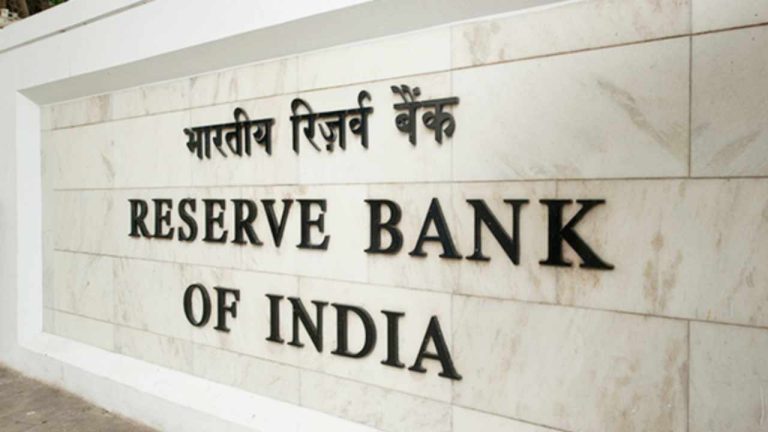
In addition to offline functionality, RBI is gauging CBDC’s potential for cross-border transactions and linkage with legacy systems of other countries.
India’s recently launched in-house central bank digital currency (CBDC) — the digital rupee — is now being tested for offline functionality, revealed Ajay Kumar Choudhary, executive director of the Reserve Bank of India (RBI).
The RBI — India’s central bank and regulatory body — launched the wholesale segment pilot for the digital rupee on Nov. 1, 2022, onboarding 50,000 users and 5,000 merchants for real-world testing. As of Feb. 25, around $134 million and 800,000 transactions have been completed via wholesale CBDCs.
Building on this progress, Choudhary said the RBI is looking at the CBDC’s offline functionality. Speaking to CNBC TV18, he stated the RBI is gauging the CBDC’s potential for cross-border transactions and linkage with legacy systems in other countries. He added:
“We are eagerly looking forward to private sector and fintechs’ participation in CBDC. We will see their contribution, especially on offline and cross-border CBDC transactions.”
Moreover, speaking on behalf of the RBI, Choudhary said the CBDC would soon become the medium of exchange and needs all features of physical currency, including anonymity.
India’s motivation for launching the CBDC was to improve regional financial inclusion and spearhead the digital economy. Choudhary also told CNBC TV18 that CBDC would eventually act as a replacement for cryptocurrencies.
Related: Crypto ads and sponsors banned from women’s cricket league in India
On Feb. 21, India’s national payment network, the unified payments interface (UPI), expanded its services to Singapore.
UPI goes Global!
— MyGovIndia (@mygovindia) February 21, 2023
Since UPI was introduced as a payment system in India, it has revolutionised the lives of Indians, but in fact, India’s digital payment system is steadily becoming globally attractive & is being adopted by other countries.#indiafirst #IndiaSingaporeRelations pic.twitter.com/55sGh5bzbZ
The UPI PayNow integration allows citizens from India and Singapore to send money across borders quickly.
Initially, four major Indian banks — the State Bank of India, Indian Overseas Bank, Indian Bank and ICICI Bank — will facilitate outgoing remittances. Axis Bank and DBS Bank India will facilitate incoming remittances. Singapore’s DBS Bank and Liquid Group will provide the service to users in the region.











